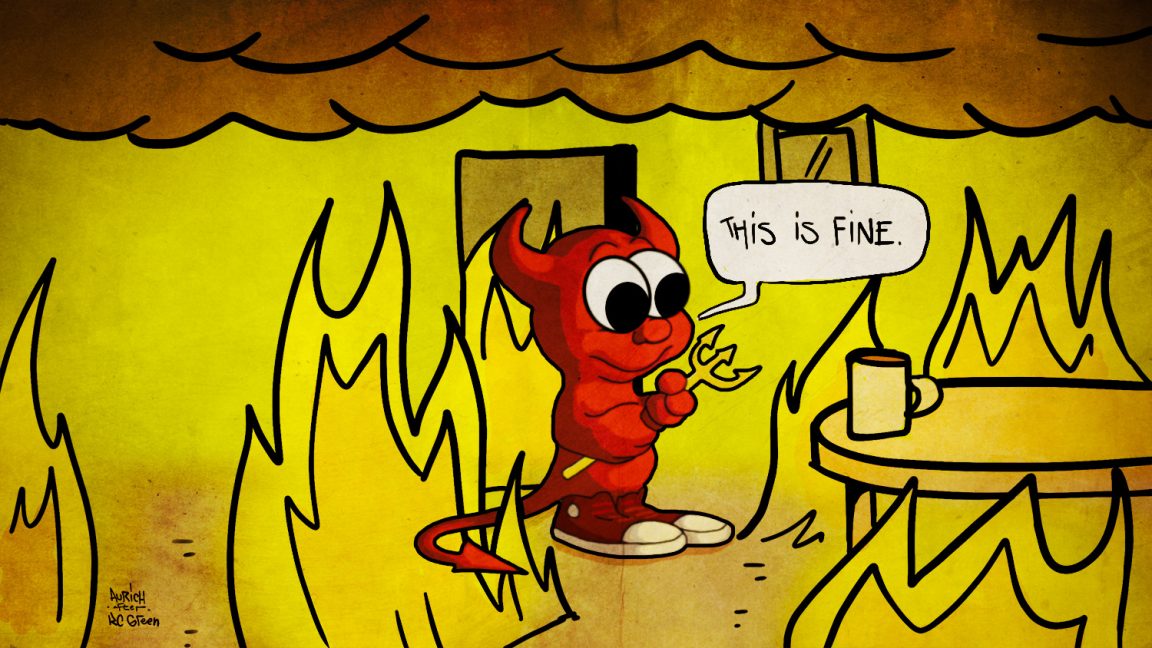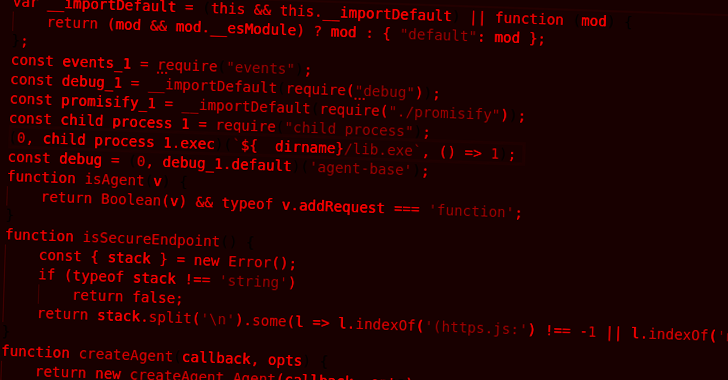How do you define basic "UNIX security model" and why is it "VERY" different?the basic UNIX security model that is VERY different from Windows or Apple.
How do you define basic "UNIX security model" and why is it "VERY" different?the basic UNIX security model that is VERY different from Windows or Apple.
Well, I guess I may have flown off the handle a bit there, it's the frustration that arises from discovering this mess. Of course I know the implementation of suspend-resume is not simple, but from a user standpoint it absolutely is a standard operation that is expected to "just work". No serious modern desktop o/s would not support a reliable suspend-resume function. And I am of course grateful to you for finding the sysctl fix, I did say so earlier, more than once.I said "beware of generalising".
Beware of inaccuracy.
Not my suggestion; I just referenced where to find something I thought might help. Beware of inaccuracy, especially with attributions.
Fortunately there's a money-back guarantee on this OS ;-)
Nothing 'mere' about suspend and resume code, but that was not the issue. vt(4) has issues; complain or contribute.
Don't thank me, I was happy to help, don't mention it ...
But please also mention that it may have bad consequences on other systems, which is why it's not the default setting.
It was your choice to install a brand new .0 release expecting everything to work to your satisfaction immediately.
BTW Also your choice to deny yourself a root console within Xorg. Only members of wheel can su to root, so simply don't put untrusted users in wheel, no more need to switch VTs.
smithi out.
Cool that you KNOW and TRUST everyone committing to ports. I don't.
IT basics. There is no IT-Security, it is an illusion that can be sold. You can try hardening your systems.Then you probably shouldn't use anything created/maintained by anyone you don't know personally?
You can simplify things enough to turn them wrong, this is an example. There's no IT security as a state, there certainly is security as a continuous process (of analysis, mitigation, defense, ...)IT basics. There is no IT-Security, it is an illusion that can be sold.
This is technically impossible (unless you create and/or fully review everything yourself, starting at the CPU microcode, GPU and chipset firmware, etc, so, impossible).Do not trust. You should not have to trust.
There's never a 100% measure against that, once again leading to the theoretical thought outlined above.People are not trustworthy just because they belong to your community. They can fall bad at any time.
I did not "simplify". If you'd read carefully, the word "hardening" would have come to your attention. Hardening is a process. And yes, if done well a continuous process.You can simplify things enough to turn them wrong, this is an example. There's no IT security as a state, there certainly is security as a continuous process
As an example, Windows has several 'roles' built-in, like TrustedInstaller, Administrator, and a few others. Here's a good overview, but the basic difference is that Windows is per-object (file, service, whatever, and even top-level admin accounts can't always override one another), while UNIX has root to override friggin' EVERYTHING, and security model is based on system accounts like root, mysqld, etc.How do you define basic "UNIX security model" and why is it "VERY" different?

That's the important part.You should chose wisely whom you trust.

 arstechnica.com
arstechnica.com
We take some heart in the fact that FreeBSD Core team's expressed a commitment to improving processes, refining tooling, and making code reviews more effective—but it's impossible to ignore the fact that this commitment comes as an afterthought to attacking "public discourse" that highlighted the need for those improved processes, refined tools, and more effective reviews in the first place.

This does happen, unfortunately, but it's hardly a problem related to or unique to Freebsd:...As cracauer@ already stated, the only thing this can't protect from is a case where someone sneaks malware into a new release(!) of some upstream(!) project and the port maintainer doesn't notice upgrading the port. This can never be solved 100%...

You really want to re-litigate this?Cool that you KNOW and TRUST everyone committing to ports. I don't.

Ars Technica article focused on Wireguard regarding FreeBSD
https://arstechnica.com/gadgets/2021/03/buffer-overruns-license-violations-and-bad-code-freebsd-13s-close-call/ This article is kind of negative, but I don't know what to make of it. The title says it's about FreeBSD, but it's really focused on something related to Wireguard for criticisms of...forums.freebsd.org

Don't forget the compiler!This is technically impossible (unless you create and/or fully review everything yourself, starting at the CPU microcode, GPU and chipset firmware, etc, so, impossible).
No, but i just wanted to give a reason why i think that having a commit bit doesn't equal trustworthiness.You really want to re-litigate this?
I read it too, and arrived at the conclusion that it's yellow journalism garbage:I actually read the article that eternal_noob pointed out in post #147... and I think it does a decent job laying things out in a coherent story. I think the story does demonstrate my point that FreeBSD ports do in fact draw sources from perfectly random places.

sysctl kern.vt_suspendswitch=0

This boils it down to a single bit.that having a commit bit doesn't equal trustworthiness.
A notebook with Windows is standard issue in my organisation, that'll not change any time soon.
There's equally good support (IMHO) for macOS, however Mac hardware is no longer purchased without senior authorisation of a business case. I assume that the resulting dwindling use is mostly due to overpricing by Apple.
I did recently encounter a few sloppily generated distinfo files where editing the size by hand proved to be the difference in extracting the sources and compiling the port. If that kind of detail will slip by a port maintainer without safeguards or verification, what can you expect next? Especially when you consider thatBut if a distfile just "randomly" changes (the "expected" scenario for your common malware attack), this will be detected, and any port maintainer will have a very close look (exact comparison of old and new distfile) before even thinking about "fixing" this by just updating the distinfo file
MASTER_SITES will often have listed several mirrors as a backup plan... If one mirror serves up a corrupt tarball or no tarball, the ports system will just try the next mirror listed. And that mirror can be any location on the Internet... If that's not 'random', I don't know what qualifies as 'random', then... ? I did recently encounter a few sloppily generated distinfo files where editing the size by hand proved to be the difference in extracting the sources and compiling the port.
A valid and reasonable question, but these details are not something I made a note of... I do recall spending about an hour troubleshooting a weird compilation failure that came down to a consistent size mismatch. I guess I can keep my eyes peeled next time I start compiling my way to KDE...Which port in which git revision?
Make sure you you have a lifebelt usable then.
… There was a poster on here who I haven't seen in years, Oko,
who was impressed by the fact that at, if I remember correctly, an OpenBSD developer meeting, they were all running OpenBSD on their laptops, whereas at a FreeBSD meeting, everyone he saw was running Macs. …
Windows is the most popular operating system for developers, across both personal and professional use.
… I have tried XFCE, GNOME and KDE and all of them has a lot of issues that can only been explained by lack of testing.
… The whole thing will be available for free with a 9 month delay, at which point I'll provide a translation of the whole thing, but here's a picture of the fist page in Finnish. The article spans two spreads, so 4 pages of FreeBSD evangelism.
2024: Työpöytä-FreeBSD:n vuosi?
(2024: The year of desktop FreeBSD?)
2024.1 - Skrolli - Tasavallan tietokonelehti <{link removed}>
…
